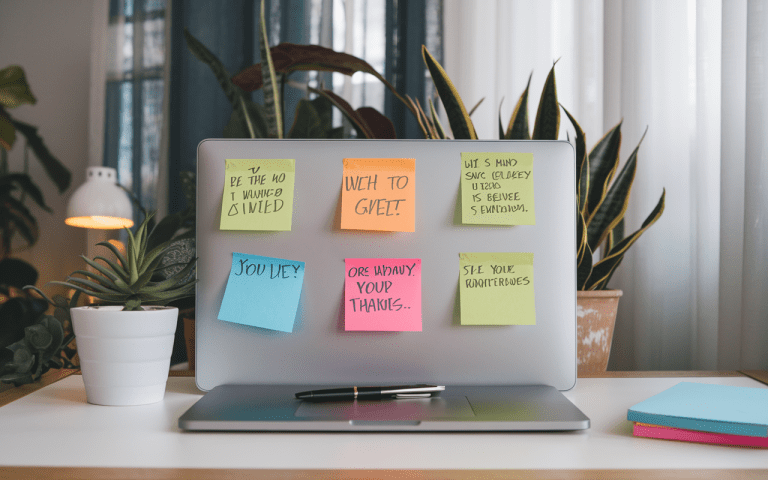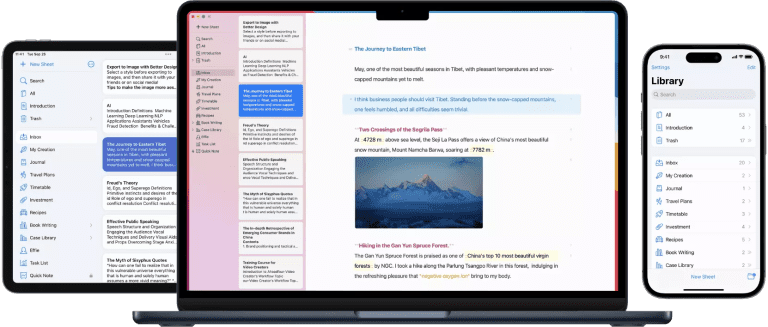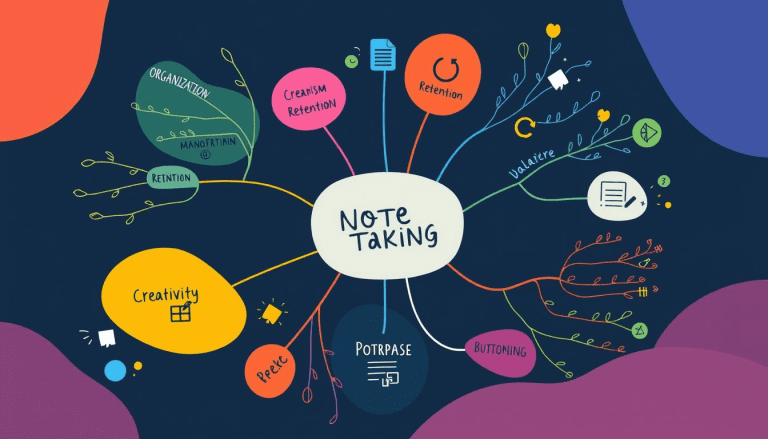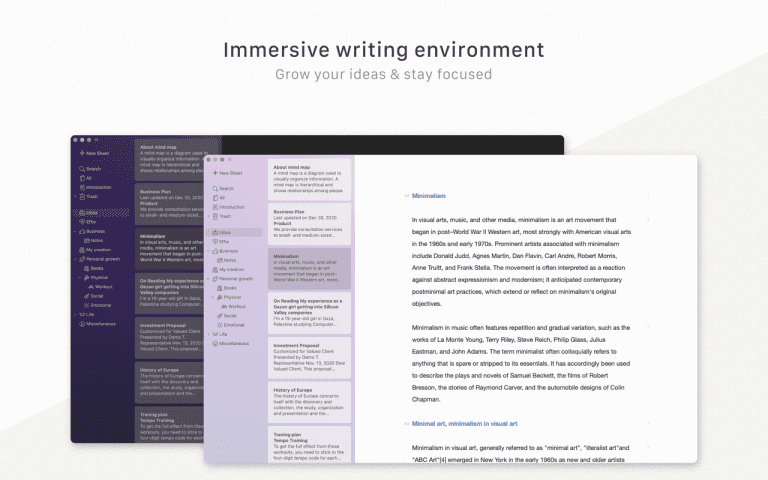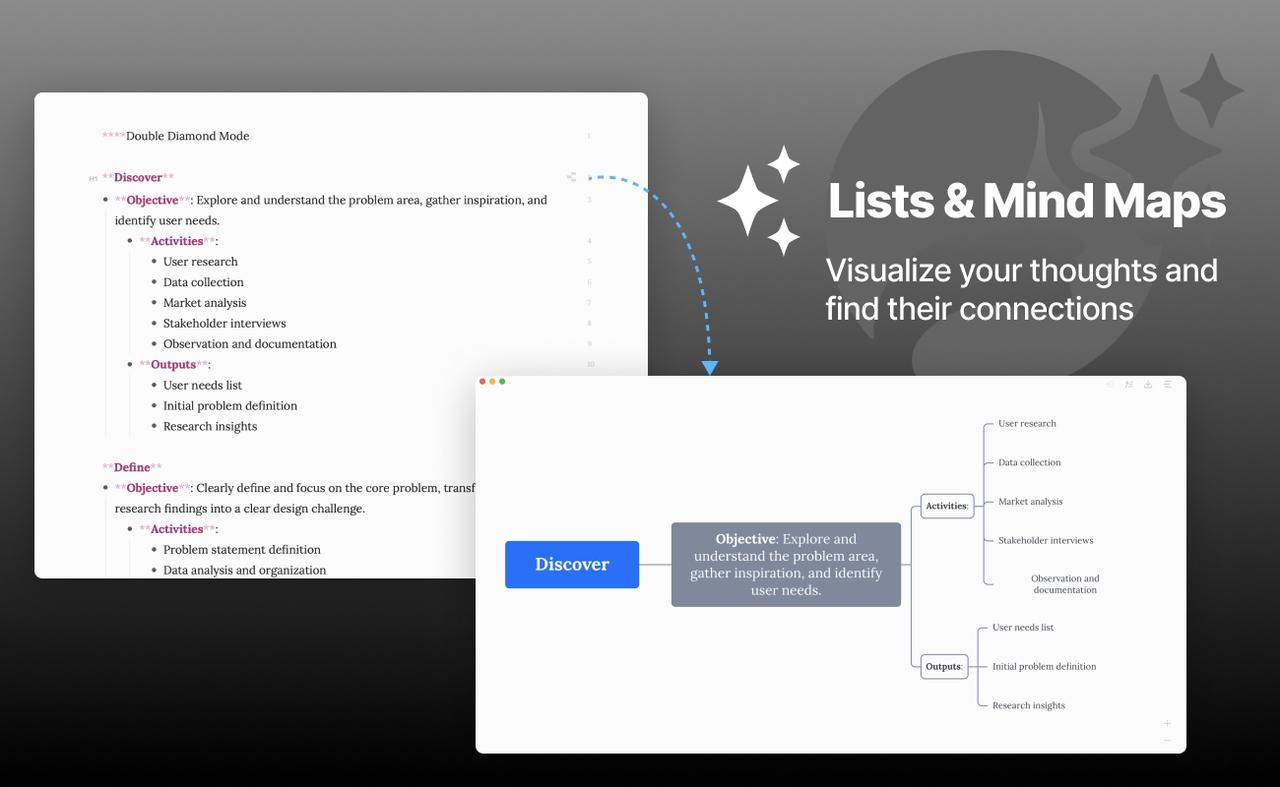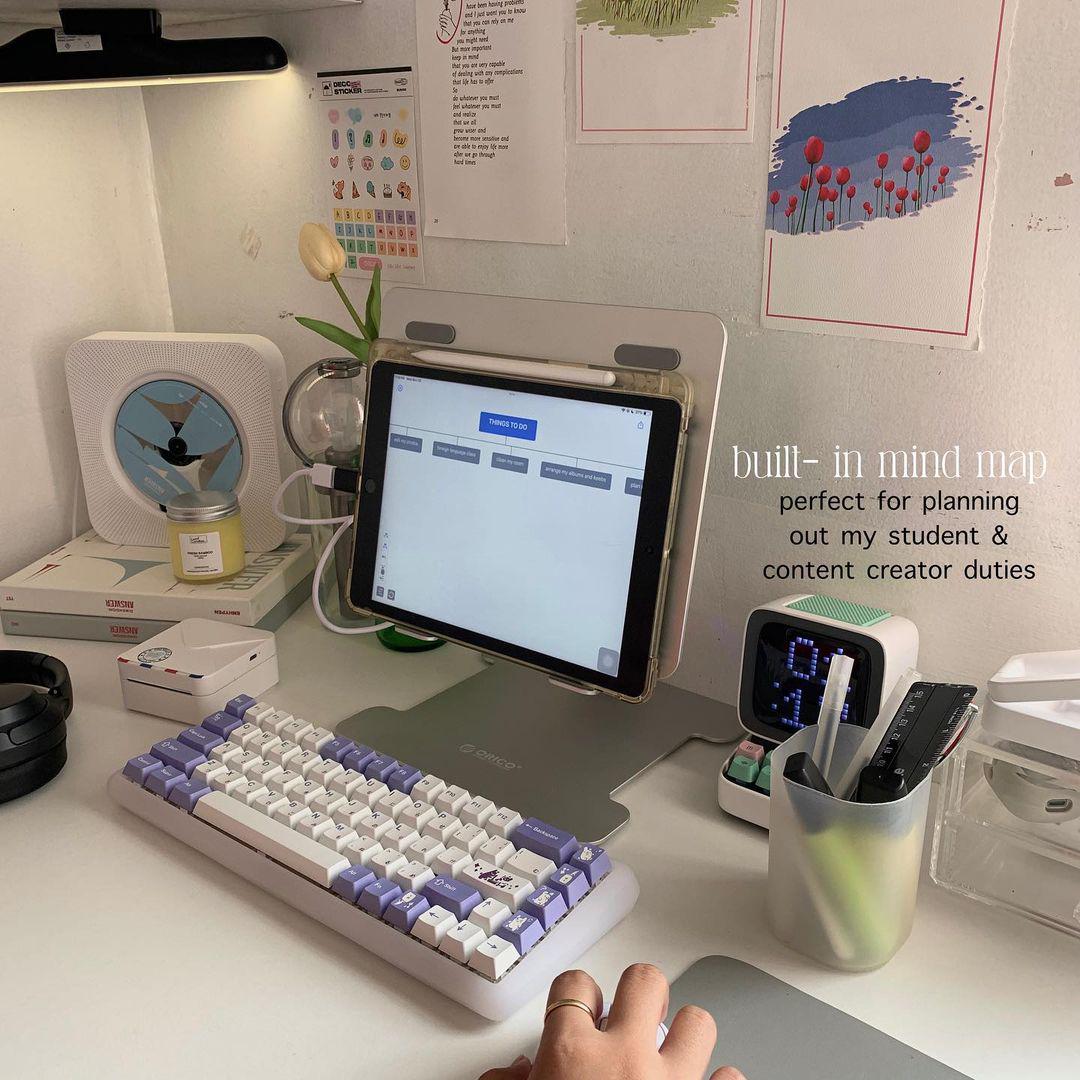Mastering Note Taking: Tips for Effective Learning
Do you sometimes struggle to know what to write down during lectures? Have you ever wished you could take better or more effective notes? Effie’s advanced digital note-taking tools can help. Note taking might feel tough, in class or online. But some simple tricks can help anyone write good, clear notes. With practice, you’ll get better at catching key info.
Effective note-taking can change your college experience. Notes helps you grasp, recall, and sort class info better. Let’s explore why notes is important, what makes notes useful, and ways to improve your skills. This guide will boost your note skills.
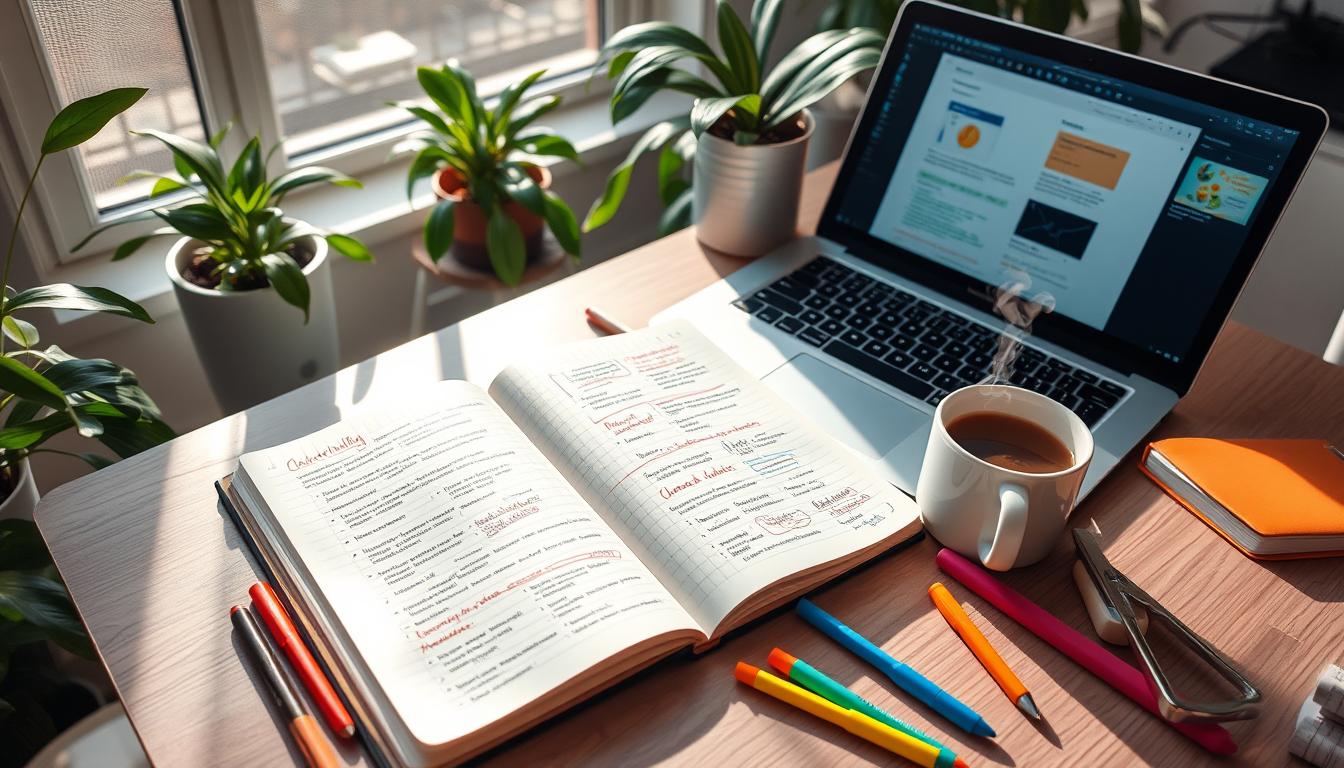
Key Takeaways
- Notes helps you learn better, remember more, and keep class info in order.
- Smart tricks like Cornell and Outline methods can make studying easier.
- Paying close attention in class is key. Stay alert and focused to catch the important stuff.
- Making your own short words and signs can help you write note faster.
- Reviewing and refining notes after class reinforces understanding and identifies areas needing clarification.
Why Effective Note-Taking Matters
Good note-taking is key to doing well in college. It keeps us focused and helps us understand what’s being taught. It also makes us better listeners and helps us remember more.
In-Class Benefits
Notes help us remember what we hear and see in class. They are better than just looking at slides, which don’t give much info. Taking notes helps us dive deeper into the subject, especially with Effie’s powerful note-organization capabilities.
Post-Class Benefits
Notes are very important after class. They help us review and study better. Good notes save us time and reduce confusion. By reviewing our notes, we get a better grasp of the material and do better on exams. With Effie’s note-sharing features, you can easily share and collaborate on notes, making study sessions more effective.
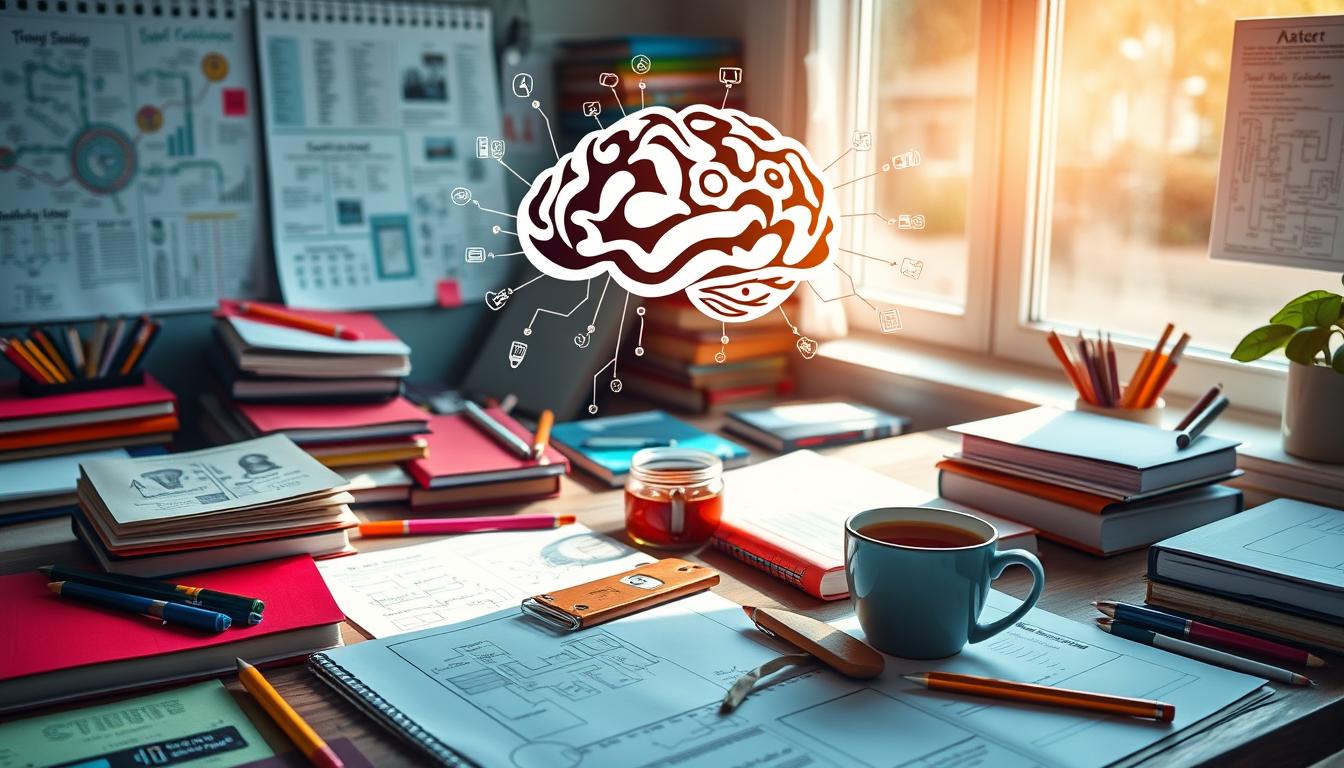
“Capturing main ideas and concepts in your own words is one of the key steps in effective note-taking.” – Gurung and Dunlosky (2023)
Research finds notes helps students focus and score higher on tests. Regularly reviewing notes boosts our grades and lowers stress. It’s a big help during studying and exams.
Preparing for Effective Note Taking
To get the most from your lecture, make sure you’re prepared. Look over your textbook or assigned readings before class. This helps you know what main ideas will be covered.
Also, check your course syllabus to understand the class’s topic. Briefly review your notes from past classes. This helps you place new information in context.
Being organized is crucial for note-taking preparation. Start by labeling your notes with the class name and date. Use separate notebooks or sections for each course. With Effie’s note-categorization features, organizing your notes has never been easier. This makes it easier to find and manage your notes later.
See how Effie transforms your note-taking experience. Try Effie for free today.
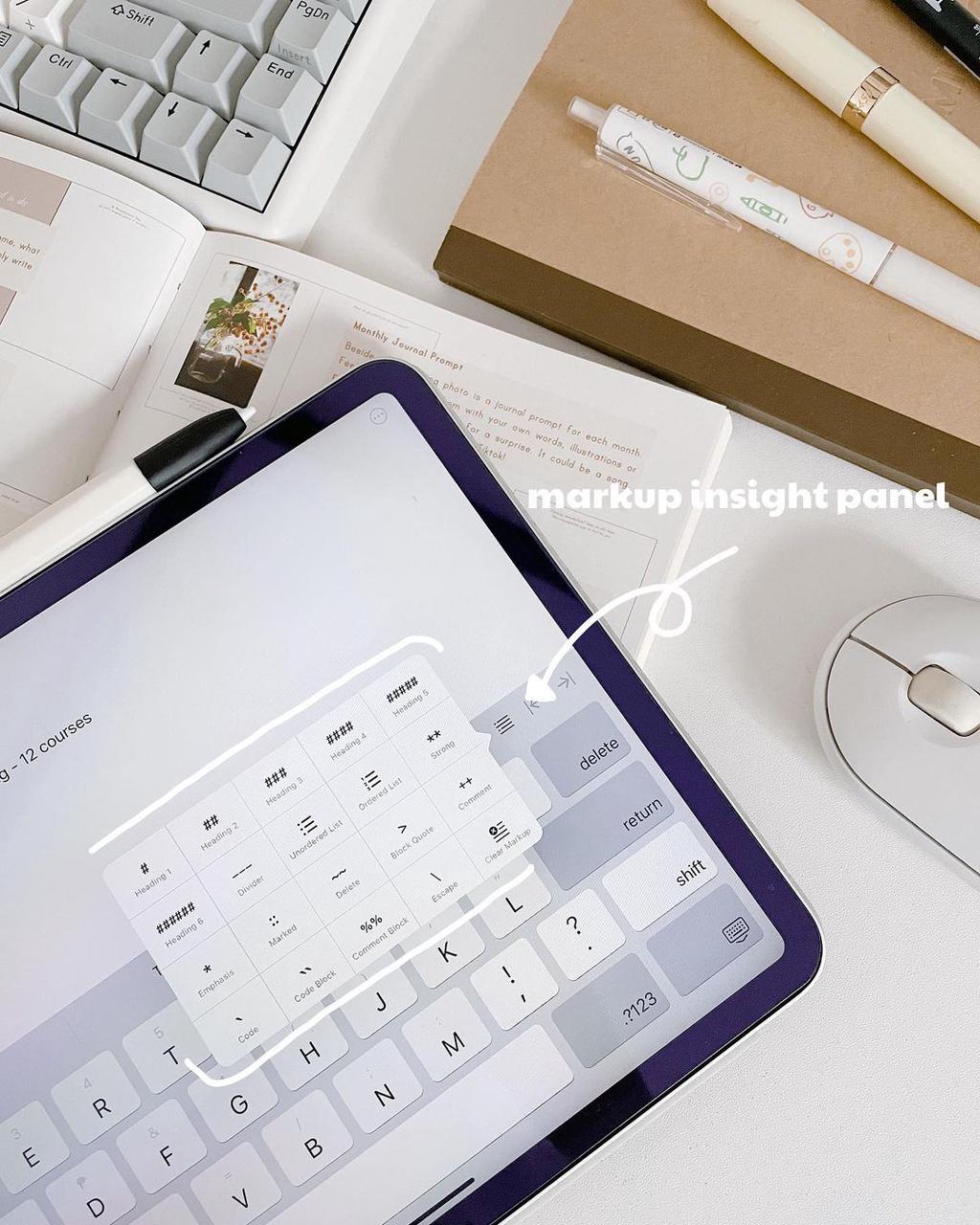
- Preview textbook or assigned readings before class
- Review course syllabus to understand the topic and focus
- Briefly review notes from previous class sessions
- Title your notes with class name and date
- Use separate notebooks or sections for each course
By following these steps, you’ll be ready to take effective and organized notes. These notes will help you learn and understand the material better.

Note-Taking Strategies
Notes is important for school success. It helps you stay alert, neat, and ready for exams and assignments. Different people like different ways to take notes, so find what works for you.
The Cornell Method is one favorite. It splits the page into three parts: for notes, questions, and summaries. This helps us dive into the material, check key points, and spot areas to explore more.
The Outline Method organizes notes in a structured way. It uses bullet points or headings to show how ideas connect. For those who learn better with pictures, the Visual Mapping Method is great. It uses diagrams and colors to link ideas. With Effie’s built-in mind mapping, you can effortlessly switch between lists and visual maps, perfect for brainstorming and organizing ideas.
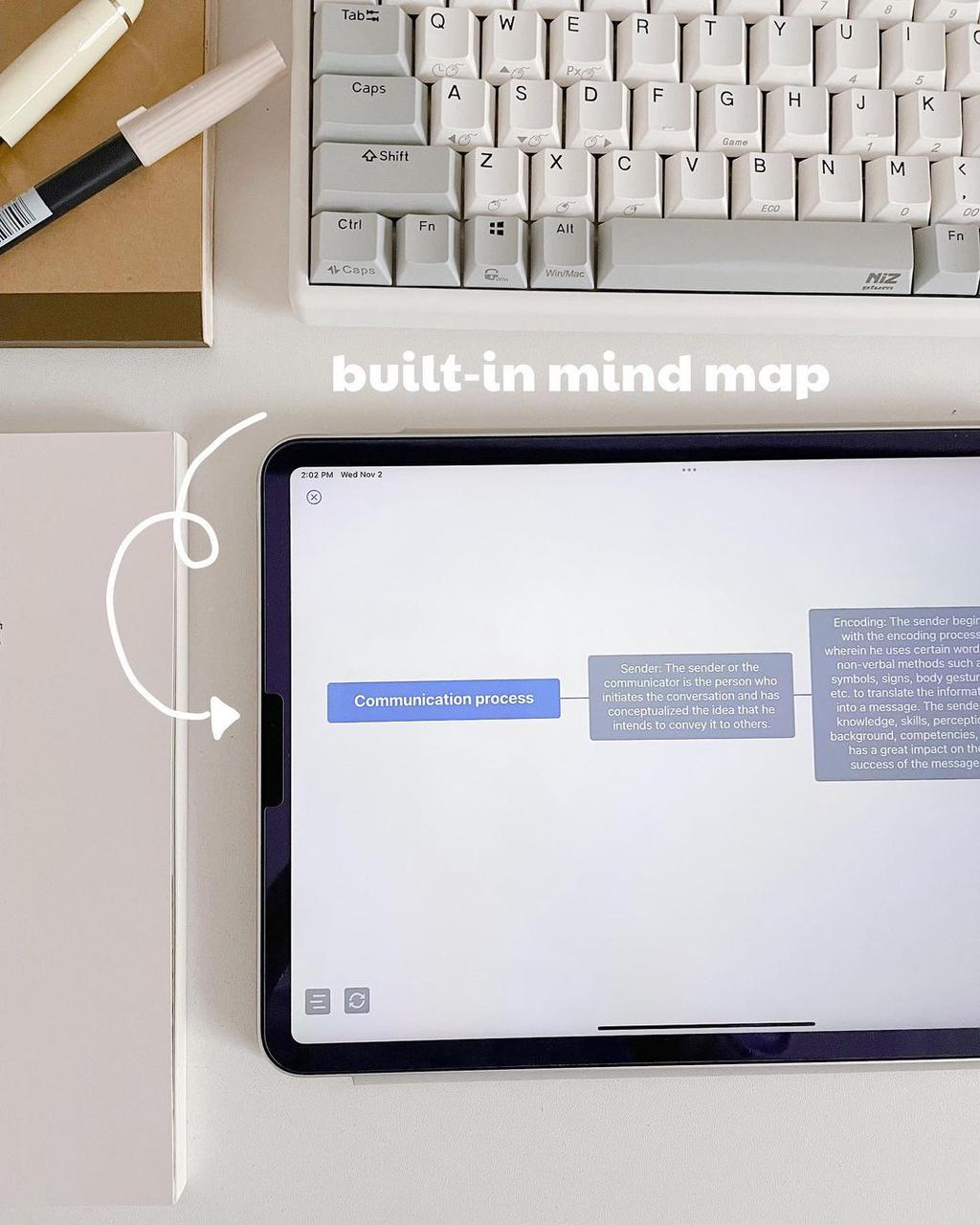
The Sentence Method captures important information in full sentences. The Flowchart Method is perfect for showing how things work together. The best method is the one that helps you take good notes and learn well.
| Note-Taking Method | Description | Ideal For |
|---|---|---|
| Cornell Method | Divides the page into three sections: note-taking area, question column, and summary section. | Actively engaging with material, reviewing key concepts, and identifying areas for further study. |
| Outline Method | Organizes notes hierarchically using bullet points or headings. | Seeing the big picture and understanding relationships between ideas. |
| Visual Mapping Method | Uses diagrams, boxes, and colors to connect related concepts. | Visual learners who prefer a non-linear approach. |
| Sentence Method | Writes down complete sentences to capture key points, details, and examples. | Thorough note-taking and retaining information. |
| Flowchart Method | Visualizes processes and relationships. | Understanding and communicating complex procedures or sequences. |
It’s important to pick a note-taking method that fits you. Try out different ways and adjust as needed. Keep doing note taking and looking over what you wrote. This helps you learn more from your notes.
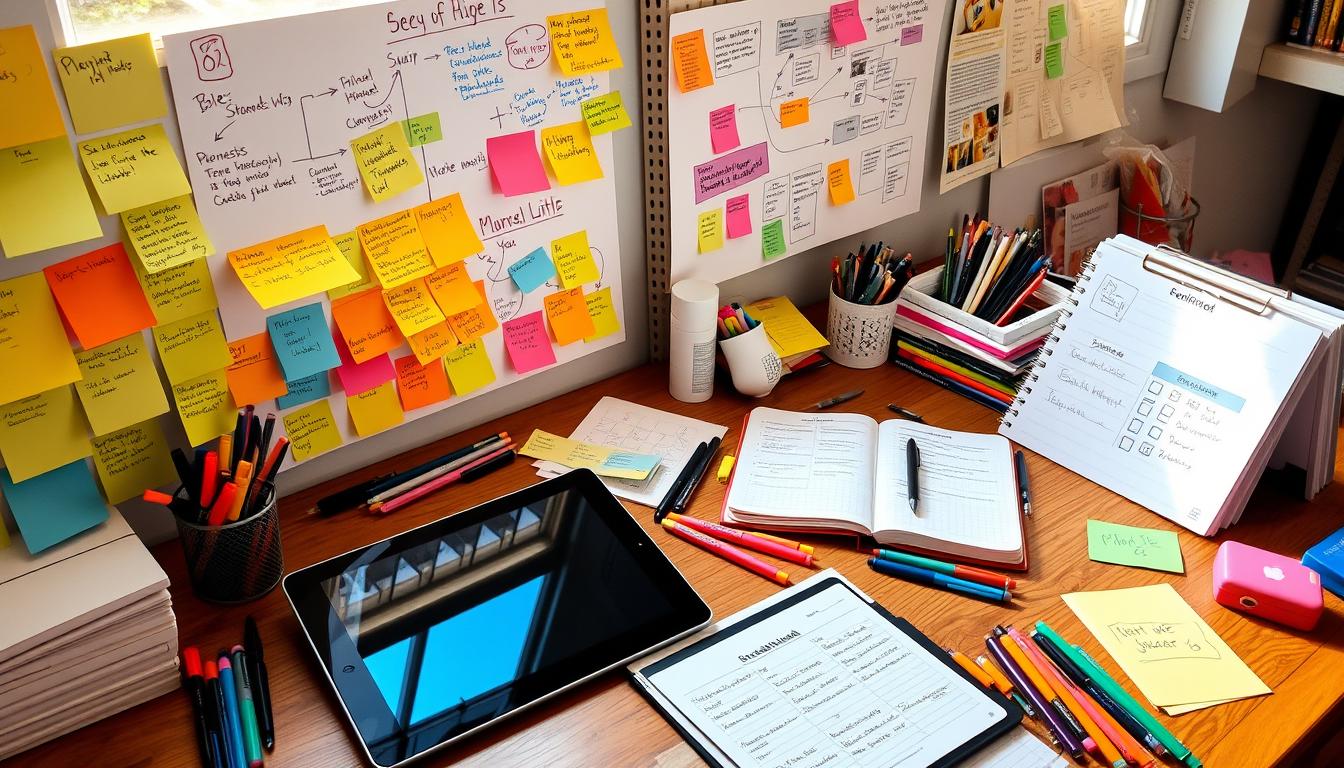
Note Taking Tips and Techniques
Learning to take notes well is key for success in school. It’s important whether you’re in class or studying later. Here are some tips to help you take better notes.
During Class
In class, focus on the main points your teacher talks about. Write down your questions and thoughts as they come up. Also, note down important keywords, dates, names, and other details to look over later.
Using short forms and symbols can make your notes shorter and easier to follow. Effie’s note-annotation feature helps you quickly highlight and tag important sections of your notes, making reviewing more efficient.
- Prioritize main ideas and key concepts over copying everything down
- Note down questions, insights, and important details like dates and names
- Use short words, letter groups, and signs to make note quicker. This saves time and room on your page.
After Class
After class, take time to go over your notes. Check your notes are easy to read and add any missing info. Sort them in a way that works for you. Effie lets you keep working on your note from any device.
If some parts are still hard to get, ask your teacher when they’re free. You can also talk to a study helper or check out your school’s learning place.
- Review your notes for clarity and fill in any gaps
- Organize your notes in a way that aids your understanding
- Seek additional support, such as office hours or learning center resources, to enhance your comprehension
By using these note-taking tips, you’ll learn more effectively and do better in school.Pick note taking ways that match how you learn best. What works for you is what matters most.

“Good note taking isn’t writing down everything. It’s about getting the main ideas that help you really learn and remember.”
Conclusion
Getting good at nots helps a lot in school. It’s a key skill for doing well in your classes. Effie can play a crucial role in this process by providing advanced note-organization and note-collaboration tools. Effie’s note-synchronization ensures that your notes are always accessible across devices, allowing for seamless study sessions.
Practicing and improving our note-taking skills makes college better. It makes studying more effective.
There are many ways to take notes, like the Cornell Method or sketchnoting. The important thing is to find what works for us. By organizing, annotating, and reviewing our notes, we learn better and remember more. Effie’s built-in tools can help make this process even smoother, offering a fully customizable and flexible digital note-taking experience.
Let’s use note-taking to its fullest in our studies. Being open to change and improving our methods will help us succeed. We’re on our way to achieving our academic goals.
Source Links
- Mastering the Art of Effective Note-Taking – https://studentlearningcenter.appstate.edu/resources/note-taking
- Effective Note-Taking in Class – Learning Center – https://learningcenter.unc.edu/tips-and-tools/effective-note-taking-in-class/
- Mastering Note-Taking: Strategies for Effective Learning – https://arshren.medium.com/effective-notes-taking-techniques-8a17a71b14e3
- Note-Taking 101 | Academic Success Center – https://success.oregonstate.edu/learning-corner/studying/note-taking
- PDF – https://www.csum.edu/university-advising/media/effective-note-taking-strategies.pdf
- Take Effective Notes – Intelligent – https://www.intelligent.com/take-effective-notes/

